The following originally appeared as an op-ed in the Bangor Daily News (BDN) and is reprinted here by permission of the BDN.
—Editor
Colonial America’s first true industry, groundfishing, has followed the path of many others.
Technology improved as the industrial revolution took hold – it kept improving afterward – and a growing population of fishermen, both domestic and foreign, became more productive as they pursued cod, haddock, and other species found near the ocean floor.
Today, that industry faces an uncertain future of depleted stocks, consolidation of the fleet, restrictive regulation, and questions about whether species that long sustained some New England fishing communities will ever rebound.
As the steam-powered trawler and mesh net replaced the schooner and baited
fishing line at the start of the 20th Century, fishermen and their vessels became, perhaps, too efficient to the point of jeopardizing the resource on which they depended for their livelihood.
Regulations were slow to take hold, but in recent decades, they have become increasingly more restrictive. Federal regulators last year again drastically slashed Atlantic cod catch limits, for example.
Groundfish stocks, however, have failed to rebound in response.
“Humans have been failing at fisheries management for a very long time, so it’s not a small task to get it right,” said Robin Alden, executive director of the nonprofit Penobscot East Resource Center in Stonington and a former commissioner of the Maine Dept. of Marine Resources.
Regulation of the fisheries today is ever-present, whereas a century ago it was absent. But today’s regulatory system leaves much to be desired.
First, regulators manage individual species in isolation rather than as part of the intricate ecosystems to which they belong.
As a result, regulators react to legally required stock estimates of a single species but don’t necessarily take into account how one species interacts with another and with the broader environment.
Second, regulators craft uniform rules to cover vast areas of the ocean – for example, the entire Gulf of Maine, stretching from Cape Cod to the Canadian border – as if such a vast area were a uniform ecosystem.
And third, there is far from universal faith in the current regulatory scheme, with fishermen frequently doubting the science behind increasingly restrictive catch limits.
“The Gulf of Maine is a very diverse place,” said Jim Wilson, a University of Maine professor of marine sciences.
“Downeast Maine, it’s totally different from Casco Bay, and Casco Bay is totally different from Gloucester and from Provincetown. When we manage fish, we treat all those areas as if they were the same.”
Fisheries regulators have a directive from the top – a 2010 executive order from President Barack Obama – to transition to ecosystem-based management of the fisheries. “But the concept isn’t precisely defined,” Alden said.
There’s little doubt an effective ecosystem-based management system will have to be more local in nature than the current system. And a regulatory system that’s more local in nature will have to rely in part on those with the most local knowledge – namely, those who fish.
Much work needs to be done before regulators can change the way they manage fisheries.
But Maine’s management – or, more precisely, co-management – of its lobster fishery over the past two decades could offer an example.
Maine’s lobster fishery is divided into zones, and each zone has an elected council of lobster license holders who can recommend rules, within broader state parameters, on four issues to the state commissioner of marine resources:
• Lobsterman trap limits;
• The number of traps allowed on a line;
• When lobstering is allowed; and
• Entry into the fishery.
The commissioner has the power to adopt or reject the rules.
While Maine has become, perhaps, dangerously dependent on the lobster, the lobster’s success can, in part, be owed to responsible, shared management through a system in which lobstermen have buy-in.
A federal, ecosystem-based model will have to take into account multiple species and will be more complex, but federal regulators might find a place to start in Maine.
The BDN Editorial Board

Read much, much more in the March issue of Commercial Fisheries News. Buy this issue or Subscribe.
(Read online immediately with access key and download for future reference.)


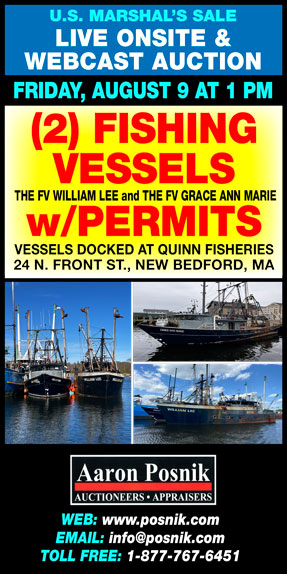
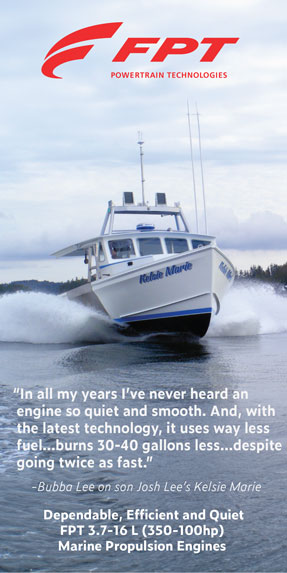
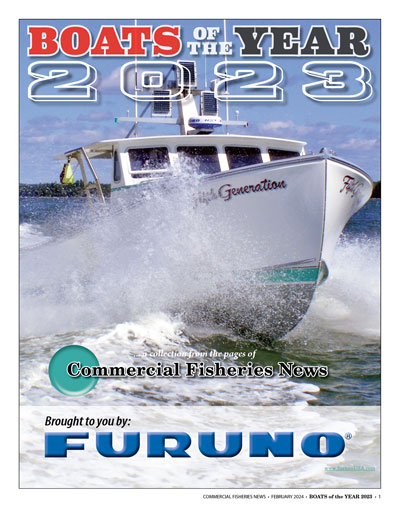
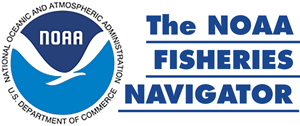

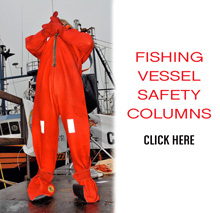
 Updating...
Updating...